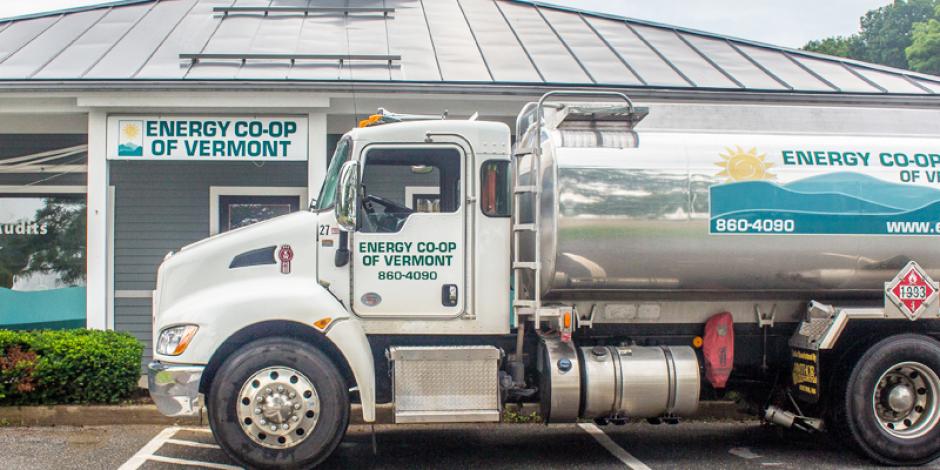
The Energy Co-op of Vermont is different from other oil and home fuel dealers in Vermont because we are member-owned. Our business goal is not to maximize profit but to provide the best value and benefits for our over 2000 members.
There are more than 250 Co-ops and Credit Unions in Vermont. Vermont's co-ops have more than two billion dollars in annual revenues and more than 300,000 member-owners.
All co-ops (including the Energy Co-op of Vermont) are guided by seven internationally recognized principles:
Voluntary and Open Membership
Cooperatives are voluntary organizations, open to all persons able to use their services and willing to accept the responsibilities of membership, without gender, social, racial, political, or religious discrimination
Democratic Member Control
Cooperatives are democratic organizations controlled by their members, who actively participate in setting their policies and making decisions. Men and women serving as elected representatives are accountable to the membership.
Economic Participation by Members
Members "contribute" equitably to, and democratically control, the capital of their co-op. At least part of that capital is the common property of the cooperative. Members may allocate surpluses for any of the following purposes:
- Growing the co-op, possibly by setting up reserves.
- Benefiting members in proportion to their transactions with the cooperative.
- Supporting other activities as approved by the membership.
Autonomy and Independence
Cooperatives are autonomous organizations controlled by their members. If they enter into agreements with other organizations, including governments, or raise capital from external sources, they do so on terms that ensure democratic control by their members and maintain their cooperative autonomy.
Education, Training, and Information
Cooperatives provide education and training for their members, elected representatives, managers, and employees so they can contribute effectively to the development of their co-ops. They inform the general public - particularly young people and opinion leaders - about the nature and benefits of cooperation.
Cooperation Among Cooperatives
Cooperatives serve their members most effectively and strengthen the cooperative movement by working together through local, national, regional, and international structures.
Concerns for Community
Cooperatives work for the sustainable development of their communities, through policies approved by their members.
If you are looking for ways to combat ever-increasing energy costs, you may want to consider replacing your aging or broken hot water heater with a heat pump water heater.

